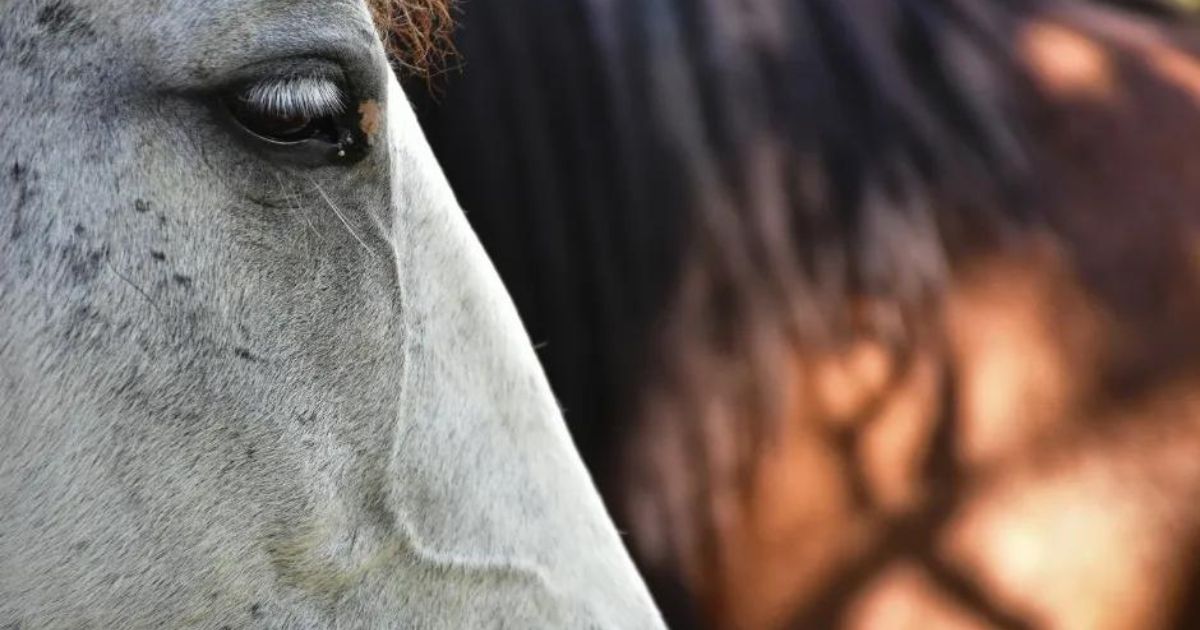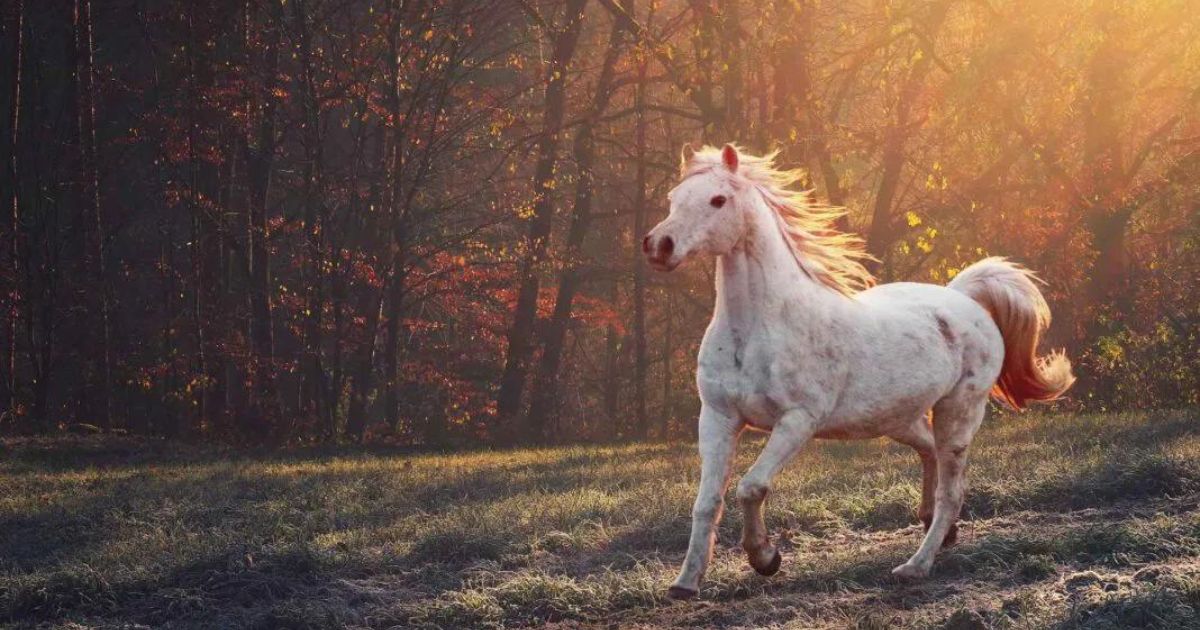Menu

No horse lives forever, but the question is when it is time to say goodbye. Is it when the horse cannot perform as usual, when it cannot eat its food properly, or when it needs medication to cope with life?
Owning an older horse is both a blessing and a curse. You may have had many years together and developed a deep connection. There is trust, love, and many shared memories. On the other hand, complications can arise with an older horse in the form of dental problems, arthritis, and age-related diseases.
Read also: Is your horse lonely? Social isolation can be harmful to your horse
Regardless, life with an older horse at some point includes a difficult decision, namely saying goodbye. When this decision should be taken is individual – some horses are old at 15 years, while others are still fresh at 25.
In many cases, horse owners must make decisions that are not black and white. When is it okay to continue and support a few health challenges, and when is it most humane to put an end to chronic pain or discomfort?

Quality of life can be a complicated matter and something that horse owners may view differently.
Liz Arbittier, Assistant Professor at the University of Pennsylvania School of Veterinary Medicine, refers to the guidelines of the American Association of Equine Practitioners when guiding horse owners on deciding if a horse still has decent quality of life. According to these guidelines, a horse should never:
Janice E. Kritchevsky, Professor at Purdue University College of Veterinary Medicine, states:
"Horses with good quality of life should interact with the owner and other people and horses. They move voluntarily and have a good appetite. And they do not have a chronic condition such as asthma, recurring lameness, or digestive-related issues. If that is the case, one must conclude that the quality of life is diminished."

We probably know well if our horse is not feeling well. Recurring issues that do not disappear but only get worse, such as weight loss, the horse not chewing as well anymore, or not moving as securely.
Read also: Jaw joint: how It affects the horse's balance, movement, and digestion
One thing is to see it – another is to react to it. Conditions can become everyday and something we get used to. But is the horse really okay?
Janice E. Kritchevsky recommends that good advice from a neutral person can be beneficial. Getting the veterinarian to perform a health check on the older horse regularly, so you can keep an eye on its status.

It is okay, expected, and natural for horses to change with age. A young horse is often more mobile and fresh than an older one for good reason. These are completely natural consequences of aging.
However, there are some things you can keep an eye on when assessing your horse's condition:
In other words, it is important to keep an extra eye on a senior horse. But remember, not all changes are equivalent to the end.
Source